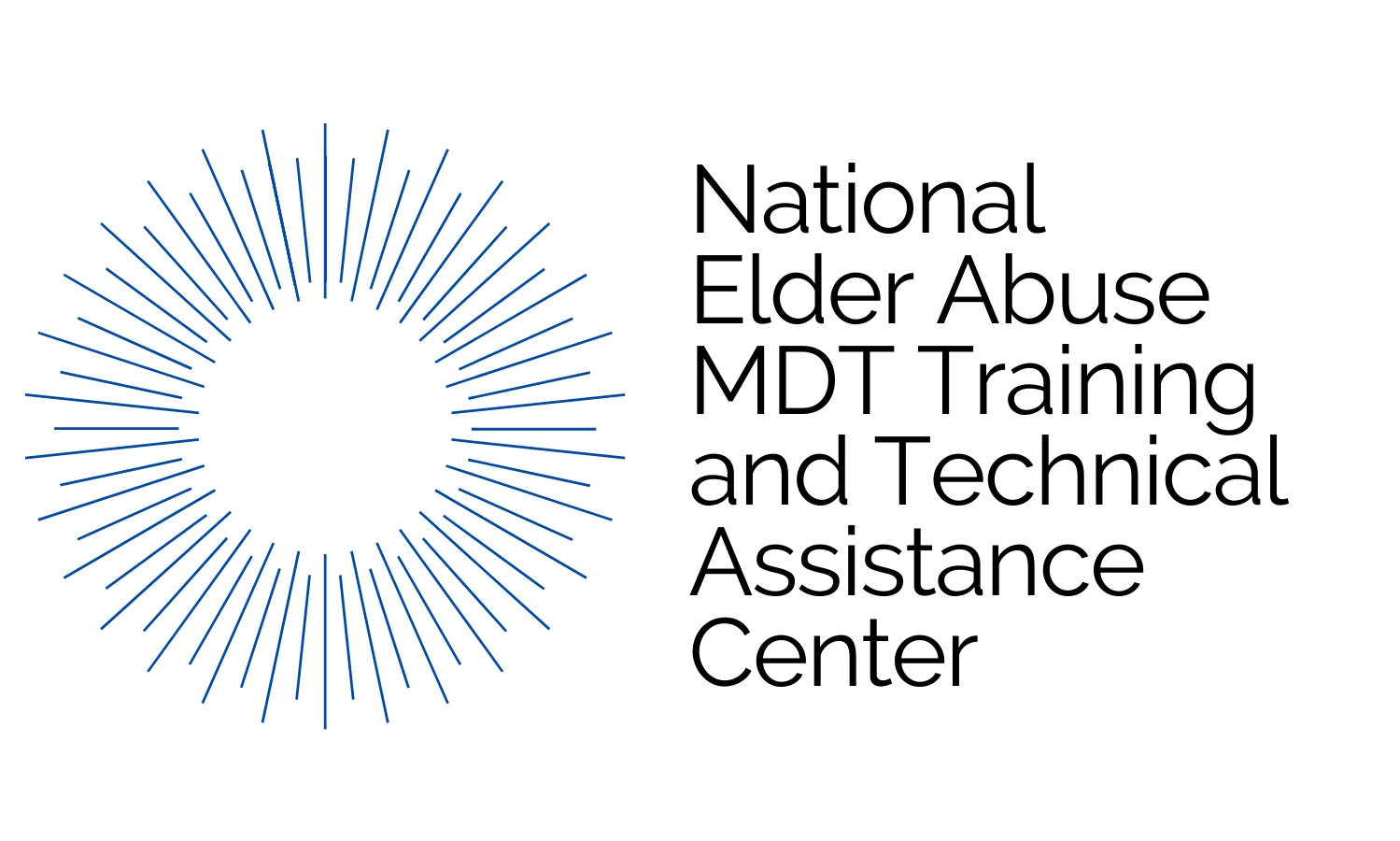Enhancing Performance Management Techniques: How to Prepare for Performance Reporting (1.23.2025)
Please join the National Elder Abuse MDT Training and Technical Assistance Center, Kristin Reel, Training and Technical Assistance Specialist, and Phillip Kim, Technical Assistance Program Coordinator, for a discussion on performance measure reporting for your Office on Victims of Crime…




